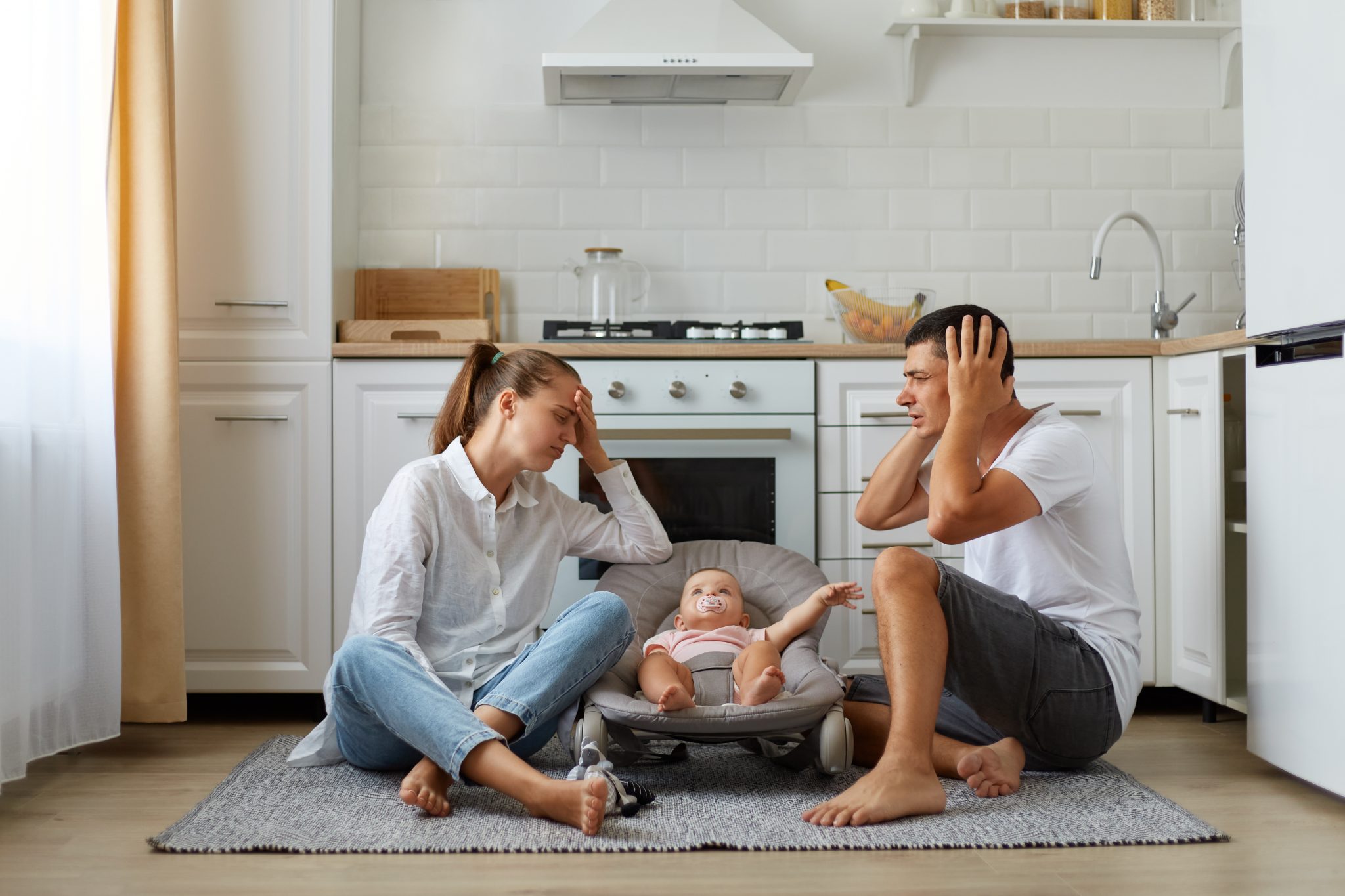
Sex and Intimacy After Having Kids
Everything changes when you become a parent. Suddenly your whole entire life revolves around a new little person, and there is so much joy in watching them grow and develop. However, as any veteran parent will tell you, there are drawbacks as well. One of those drawbacks often comes in the form of dramatic changes in how you and your partner experience intimacy together.
Between physical and hormonal changes after the birth of a child and changes in your schedule, energy levels, and relationship as your child grows up, having a fulfilling sex life with your partner can become a challenge. This can put a lot of strain on your relationship and your own personal happiness, but it doesn’t need to be this way! Your sex life can survive parenthood if you are willing to make changes in your approach to intimacy and work together to continue to make it a priority in your lives. The first step is knowing what to expect and creating a plan for how to change things going forward, so here’s what you need to know!
What Changes?
Hormones and Physical Changes
This is very important particularly for anyone who has just given birth, but a parent who did not give birth also experiences a rush of new hormones as they bond with their baby! The human body is biologically hardwired to care for newborns, and during the early stages when you’re adjusting to the new baby and your body might still be healing from delivery, it’s very normal for one or both partners to have a low interest in sex, and it’s important to set your own timeline and get back into things when both partners feel ready.
Time
If you don’t know it yet, you certainly will soon– kids are a lot of work, and time you once had available to spend with your partner will now be dedicated to them. This change in your schedule can lead to the simple logistical problem of having less time for intimacy, and finding a moment to spend with your partner can become a lot more difficult than it ever was before.
Environment
Where sex and intimacy were likely once spontaneous and easy in your life, you now have to worry about upset kids who want to sleep in your bed, toys on the sofa, dishes in the sink, and many other distractions and stressors in your physical environment that are competing for your attention, making it hard to find a time and place to engage with each other.
What to Do?
Have a Conversation
If you and your partner are going to get through this together, it’s crucial that you prioritize open and honest communication around your sex life. Sit down together and talk about what you’re feeling comfortable with, what your needs are, and where your head is at. Many parents who aren’t the primary caregiver can feel neglected by their partner, and many parents who are the primary caregiver can struggle with low libido as their entire life and body becomes dedicated to taking care of kids. Being honest about these feelings with each other will help you to grow understanding for yourself and your partner.
Make Plans
Just like you schedule doctor’s appointments and errands, you can and should schedule sex. Feeling like you’ve lost the spontaneity of your previous sex life can be difficult, but it’s worth it to maintain intimacy with your partner. Additionally, adjusting your mindset to view the entire day as foreplay and an opportunity to tease each other and get in the mood can help make things even more exciting!
Spend Time Together
One of the best ways to enhance intimacy with your partner is to spend time together without having sex at all. Making sure you find time for the physical is important, but it’s also important to just have and enjoy simple moments together, like some time spent cuddling after your children go to bed, a night out while the kids stay home with a babysitter, or a quick, fun conversation in the morning together before the day begins. Prioritizing nonsexual intimacy can make a big difference in your relationship.
While maintaining a healthy romantic and sexual relationship with your partner after you both become parents does take work, forethought, and cooperation, it is possible, and you’ll both be happier for it in the years to come! If you’re interested in learning more about reproductive health and wellness and hormonal imbalances, check out our blog here at Renewed Vitality!



